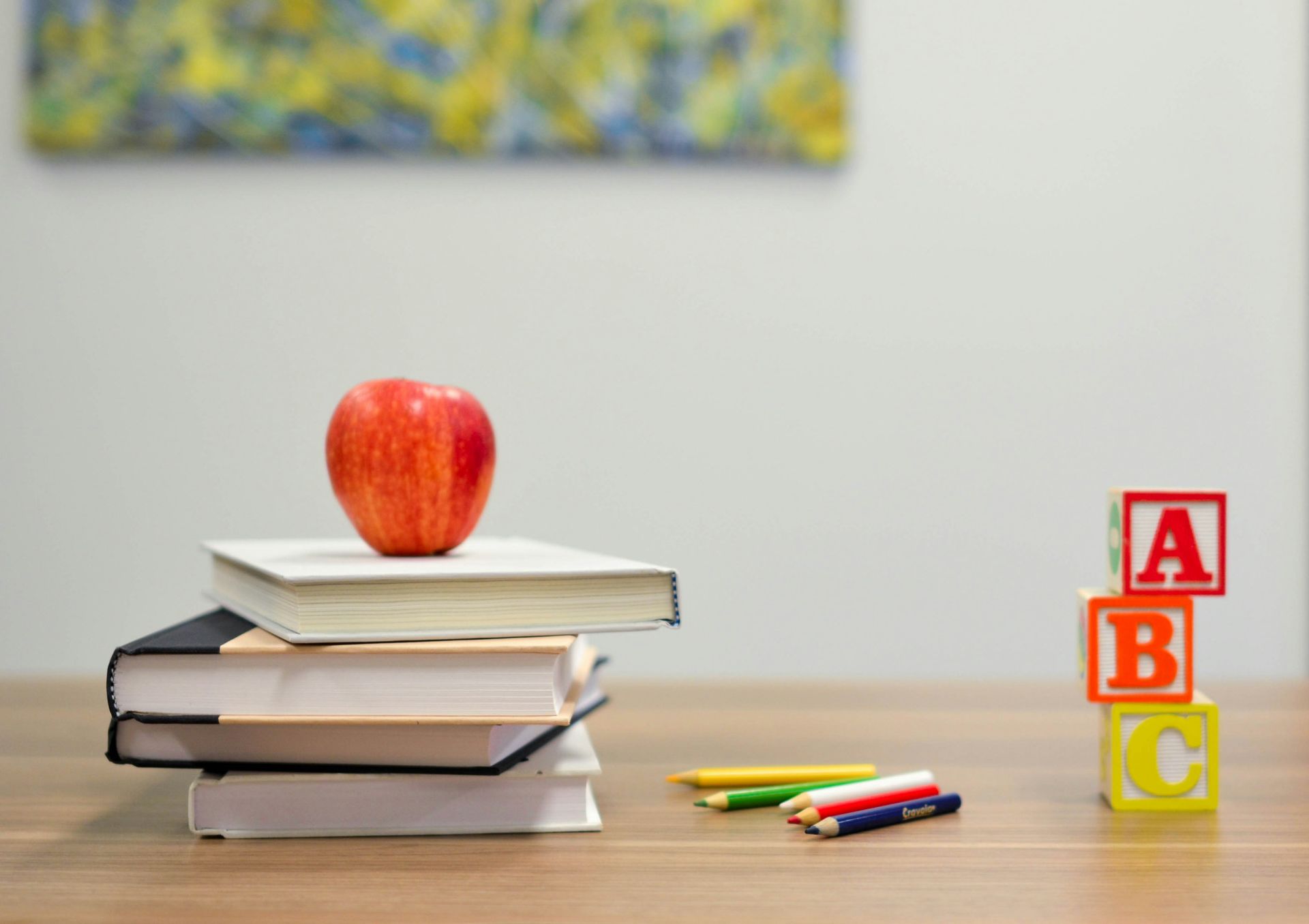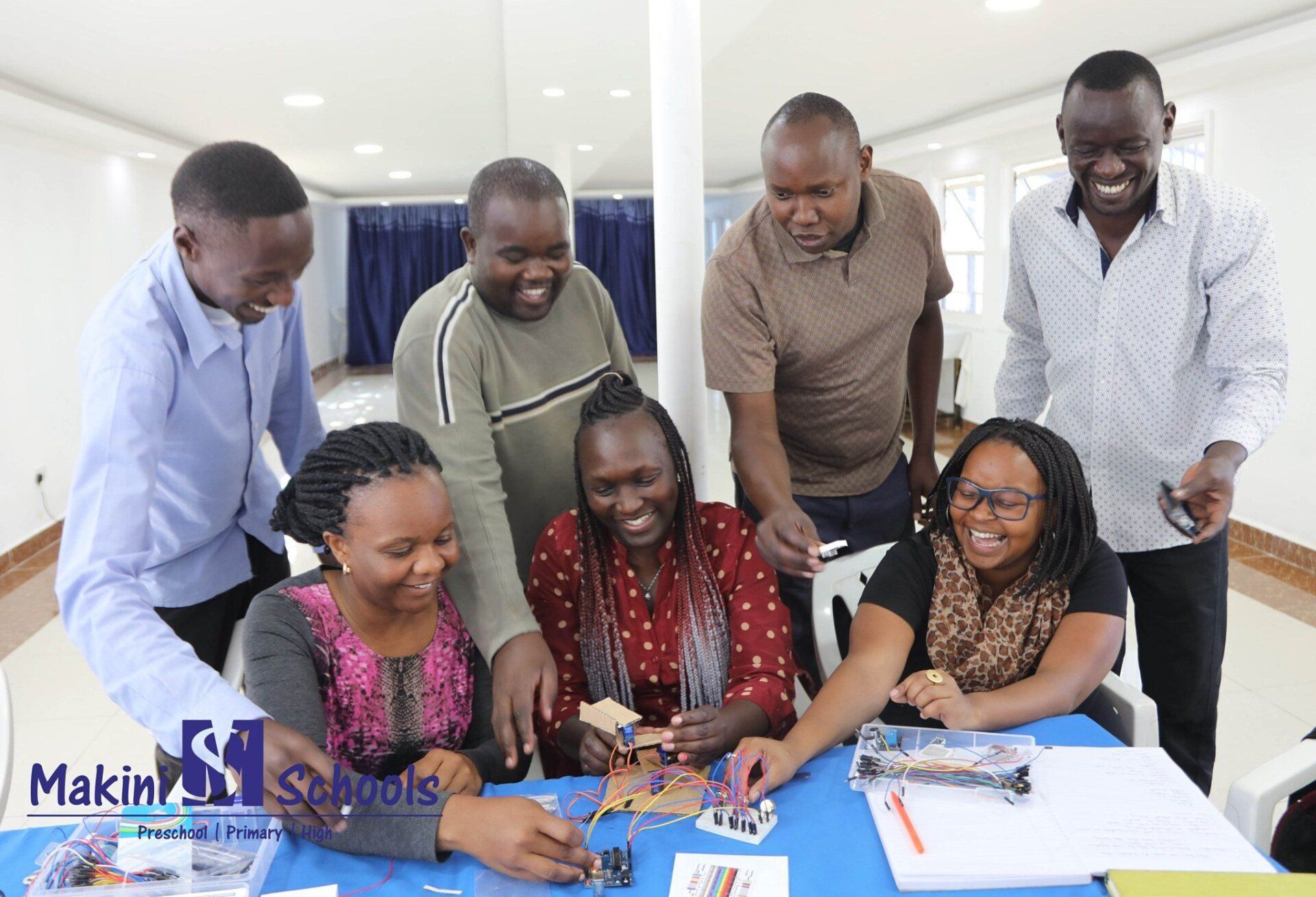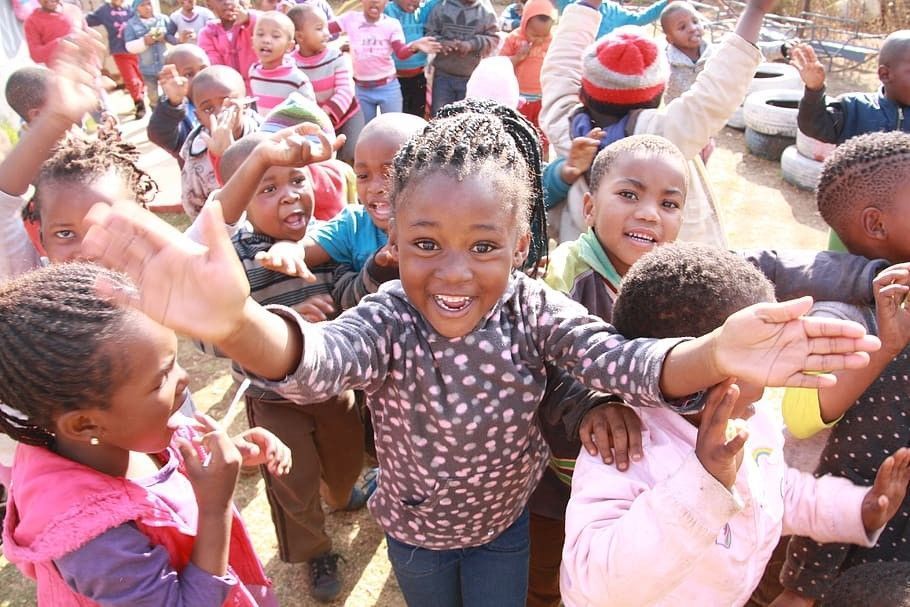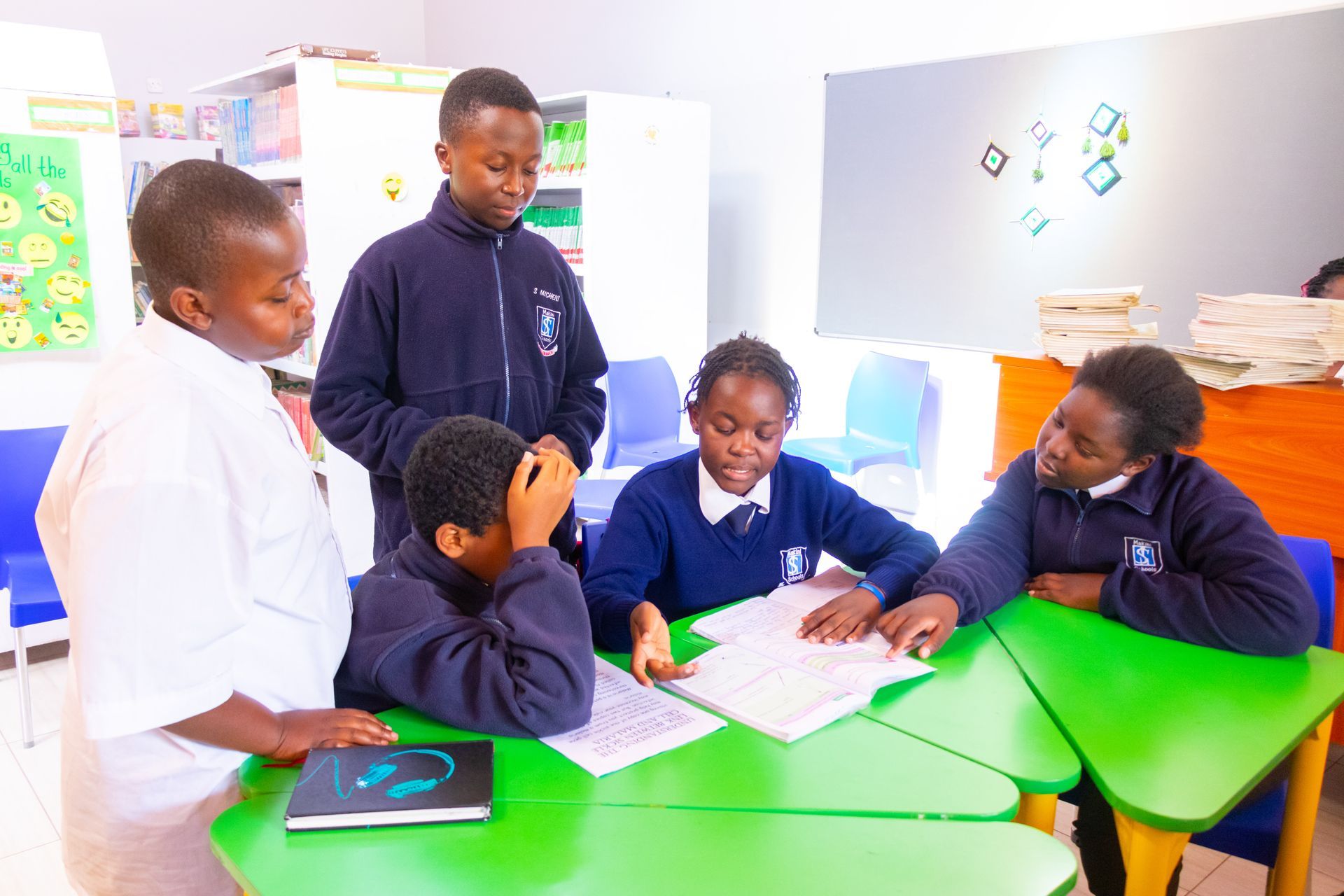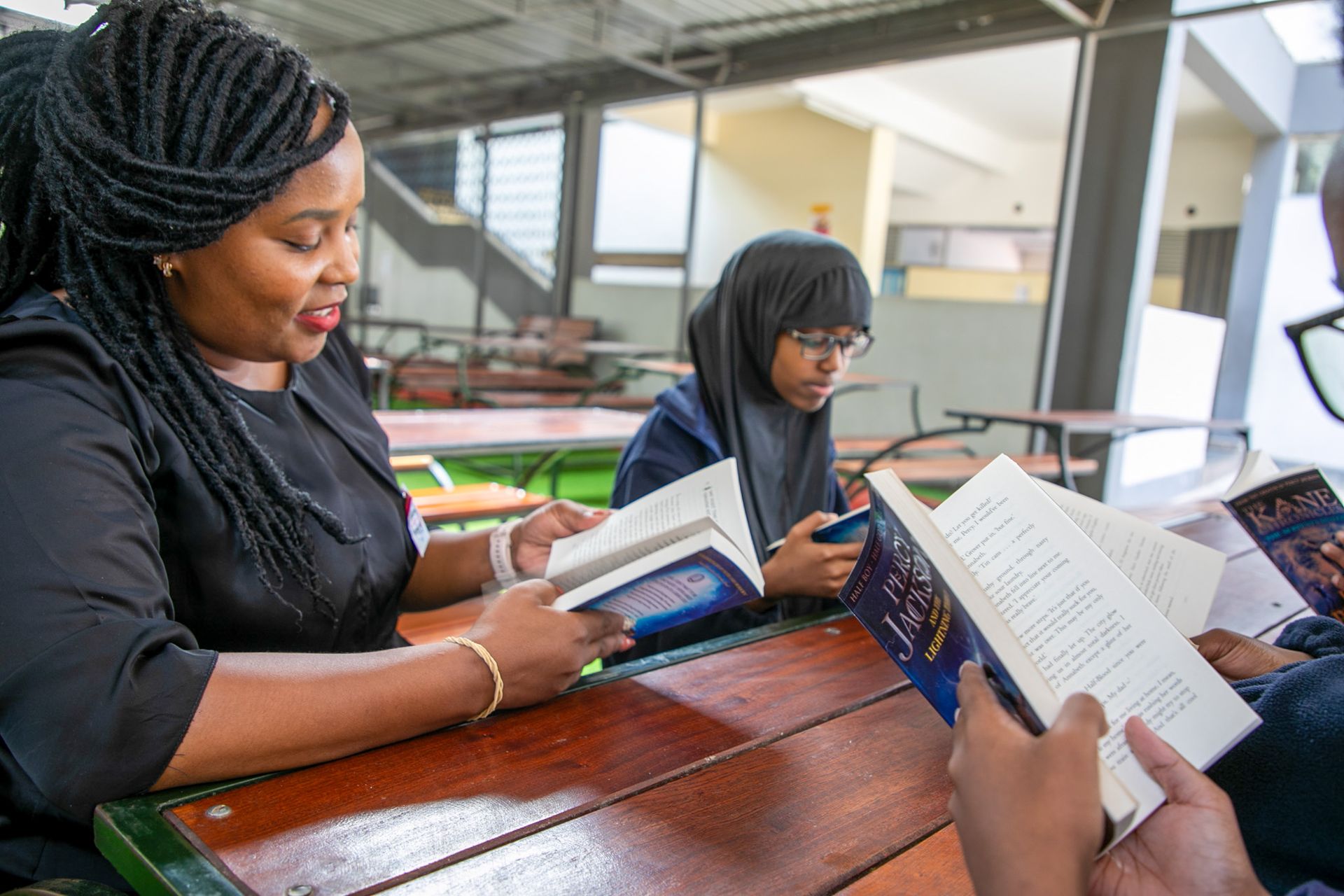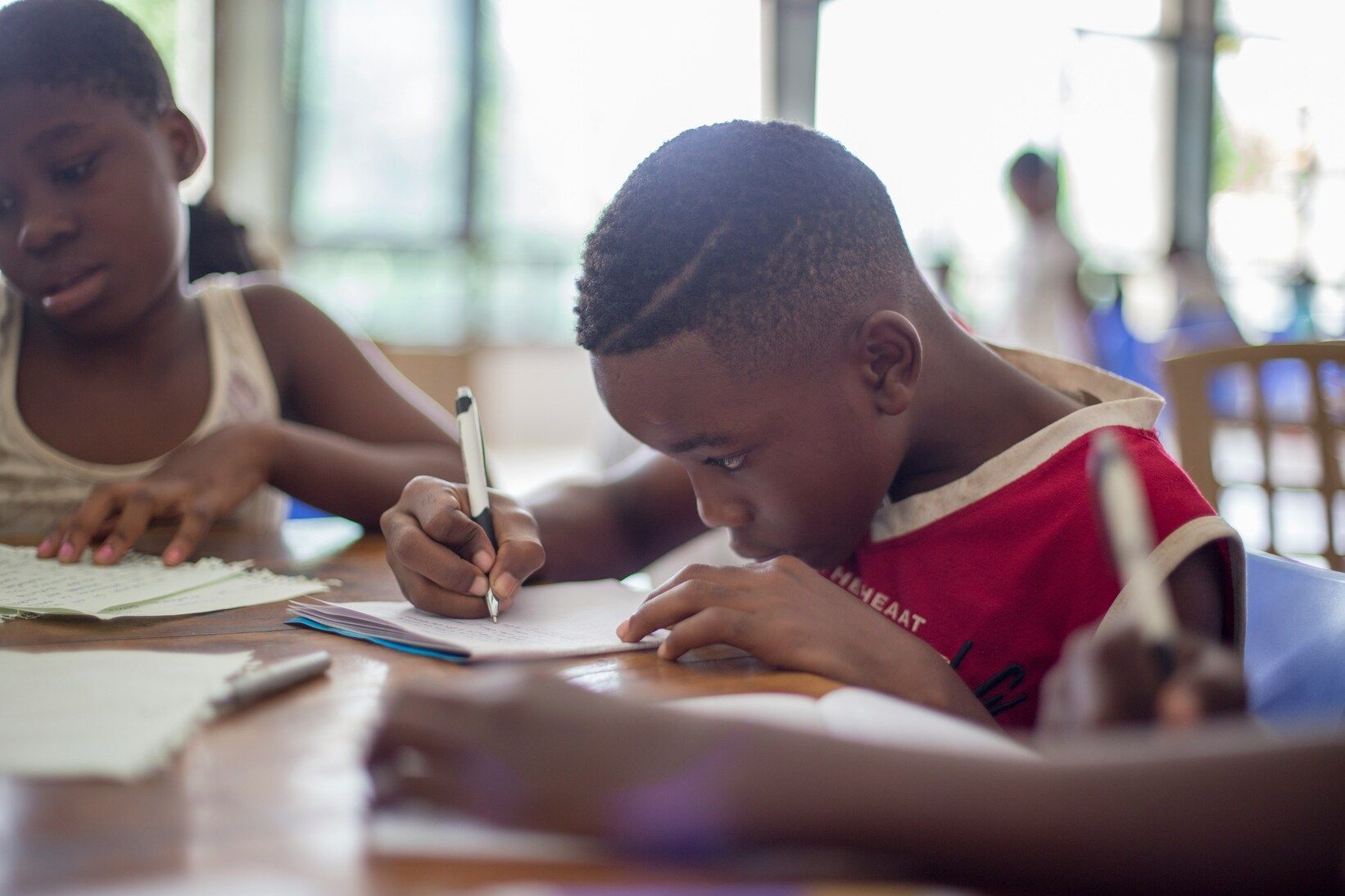Responsive relationships greatly contribute to healthy child development
Contributed by Makini Schools Upper Primary Deputy Headteacher, Jacob Asenje
It is important for parents and caregivers to have a healthy relationship with the children under their care. This is not only important for their mental health but it also promotes healthy brain development and resilience to the ever-changing modern world.
Responsive relationship refers to one where educators and caregivers develop warm, respectful and positive relationships with the children in their care.
A number of theories have been put forward to explain the various aspects of development in children and how these developmental changes affect their social, emotional and cognitive growth.
Have you ever wondered why children behave in certain ways? What is really responsible for the children’s behaviour? Is it their age, their upbringing or just their individual temperaments?
For many years, children have been viewed simply as small versions of adults with very little attention paid to the many changes in their cognitive abilities, language usage and physical growth during their development from childhood to school going age and through the adolescence period into adulthood.
As teachers, parents and caregivers, it is essential to understand child development as it allows us to fully appreciate the cognitive, emotional, physical and educational growth that children go through in their daily life.
In his psychosexual theory, Sigmund Freud, attempted to explain the series of stages in child development with a special focus on the different pleasure areas of the body. During each stage, the child encounters conflicts that significantly shapes their development. Failing to resolve the conflicts of a particular stage can result in fixations that can then influence adult behaviour.
Freud also believed that the early interactions and experiences in a child’s life played an integral role in shaping their development. At least by the school going age, the child’s personality is largely set. The school should therefore offers an environment where the positive attributes are reinforced and the negative ones discouraged or channelled into positive forms of expression.
On his part, Erik Erikson, in his eight-stage theory of psychosocial development emphasises on the need to successfully manage the challenges that children experience in their social interaction for the emergence of a lifelong psychological virtue.
Another researcher, John Bowlby, asserts the major role played by caregivers in the child’s development, and how this continue to influence their social relationships throughout life.
He suggested that children are born with an innate need to form attachments. Such attachments aid survival by ensuring that the child receives care and protection. This not only creates motivational patterns but also directs behaviour.
In other words, both children and caregivers engage in behaviours designed to ensure proximity. Children strive to stay close and connected to their caregivers, who can provide a secure base for exploration.
By building a warm, loving and responsive relationship between you and your child, you contribute to developing your child’s confidence, resilience and communication skills. Your child needs these skills to work through problems, deal with stress and form healthy relationships with other people in adolescence and adulthood.
Strong attachments and relationships early in life also mean your child is more likely to have better mental health and fewer behaviour problems later. Healthy attachments give your child a strong foundation for the rest of their life.


